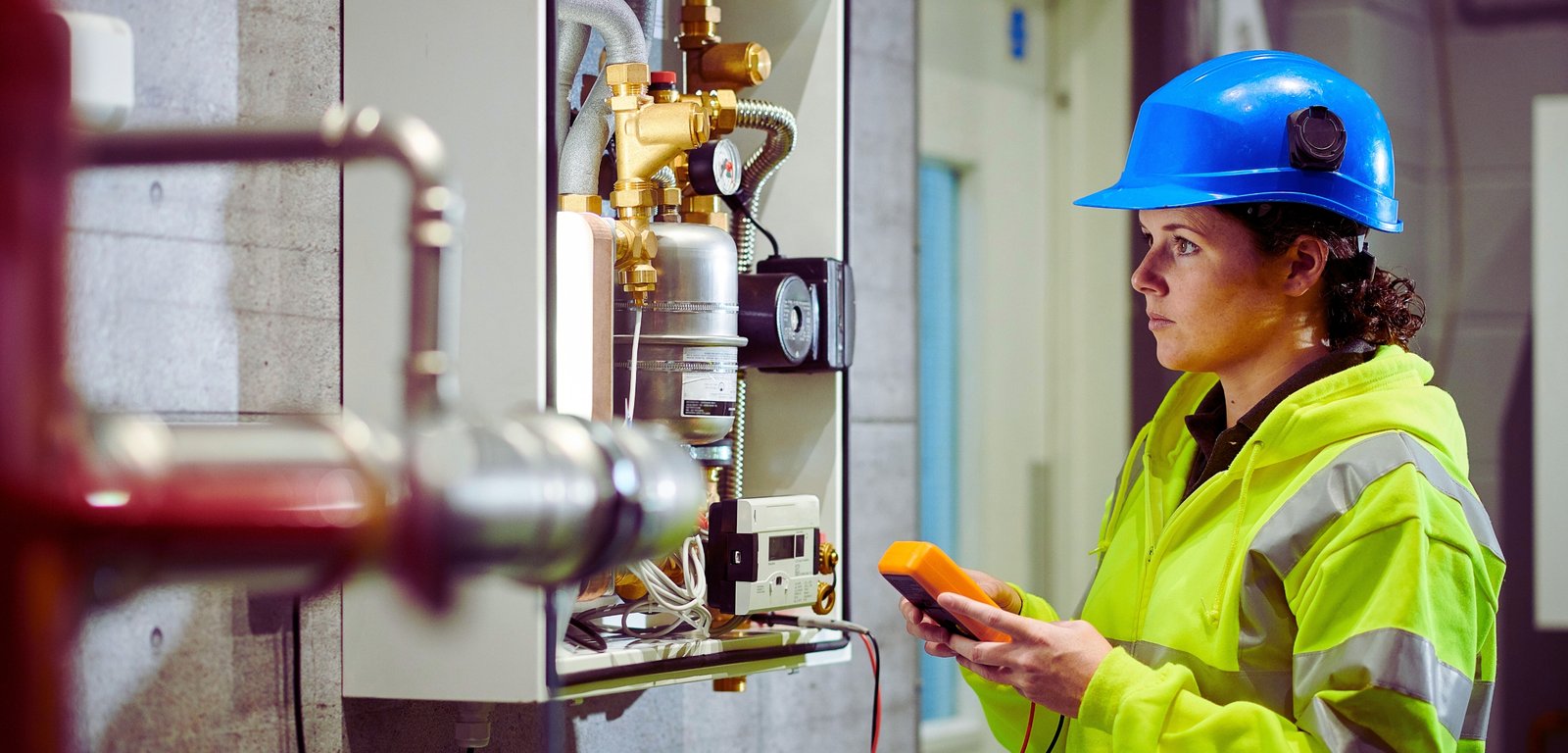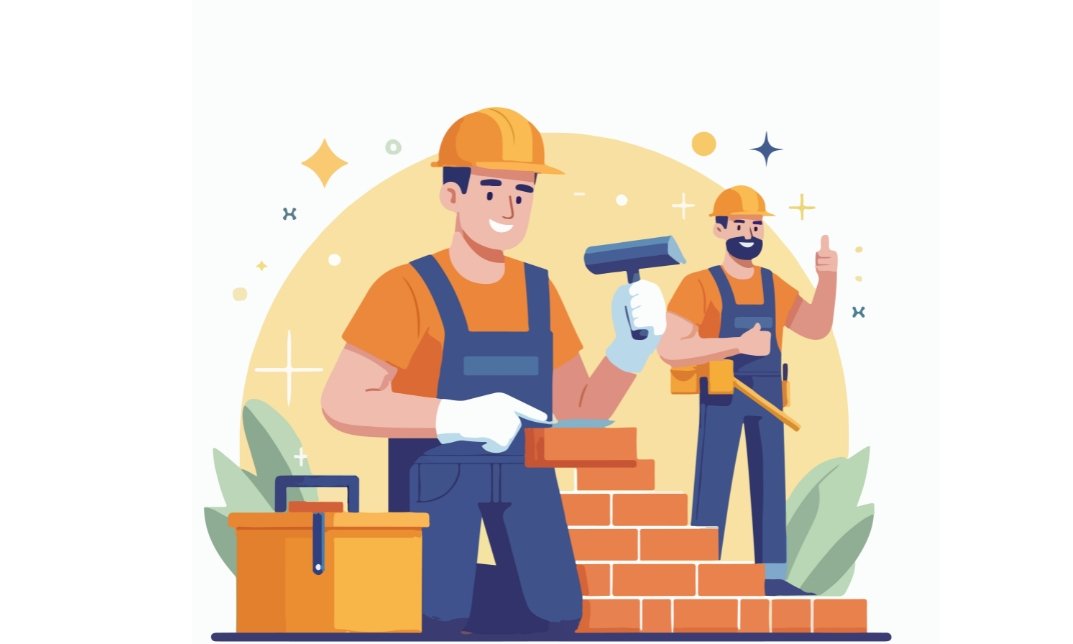No products in the cart.
Electricians handle the power that keeps everything working. They put in, check, and fix electrical systems in homes, offices, shops, and factories. Whether you turn on a light, charge a phone, or keep a hospital running — there’s an electrician behind it. If you’re asking, what does an electrician do, the answer includes more than wires and plugs.
This job needs care, safety, and proper training. Electricians don’t just fix problems. They build and look after the systems that help us live and work every day. Below, we’ll explain the real work electricians do in the UK, the skills they need, and what qualifications are needed to join the trade in 2025.
What Is Electrician Do? It’s More Than Fixing Lights
The job of an electrician can change depending on where they work. But the main idea is always the same: handle electricity safely and correctly. Every job they do must follow the UK wiring rules (BS 7671). Electricians can work in three main places: homes, businesses, and factories. Here’s what that means in real life.
Domestic Electricians
These electricians work in people’s homes. They put in and fix lights, sockets, fuse boxes, and more. When someone upgrades a kitchen or adds an EV charger to their driveway, a domestic electrician does the job. This work also includes finding problems, testing, and updating old systems. Domestic electricians follow strict safety rules and must meet building regulations like Part P. Many work for themselves or in small teams.
Commercial Electricians
Commercial jobs happen in offices, shops, schools, and hospitals. These buildings often need stronger power and more complex light systems. Electricians might put in emergency lights, computer cables, or controls for heating and cooling. The work is bigger and needs a better understanding of the rules. One job might take weeks. Testing and planned check-ups are a big part of the work.
Industrial Electricians
Factories have big machines and strong power systems. Industrial electricians work on motors, control panels, and machines that move things. They often deal with more detailed wiring and smart systems. This work is tough. It uses high voltages, needs regular check-ups, and careful planning. One mistake can stop a whole factory.

Quiet Precision, Real Responsibility
Electricians work with systems that most people never see — until something goes wrong. Behind every light switch or fuse box is a safety rule, a design plan, and someone trained to handle risk with care. This is work that needs accuracy. One wrong wire isn’t just a mistake — it can risk safety or break the system. No matter the place, every job must be tested, signed off, and written down. The best electricians stay up to date with new tools, systems, and rules. They work alone or in teams, often on building sites, sometimes in small spaces or up high.
What Qualifications Do I Need to Be an Electrician in the UK (2025)?
To become a qualified electrician in the UK, you need technical training and real work experience. By 2025, most electricians take one of three main paths: apprenticeship, working with training, or working for yourself after training. No matter the route, the final goal is the same: get a Level 3 NVQ diploma, pass the 18th Edition Wiring Regulations exam, and be certified to work safely and legally.
Apprenticeship Route
This is the most common path for people leaving school. You apply for an advanced apprenticeship (Level 3) with a company. Usually you need 5 GCSEs (grades 9–4), including maths and English. You learn while working. Over 3 to 4 years, you’ll complete:
- A Level 3 NVQ Diploma in Electrotechnical Installation (or Maintenance)
- The 18th Edition Wiring Regulations course
- Health and Safety training (usually through ECS)
- A final skills test (AM2)
- Once you pass, you can apply for an ECS Gold Card — proof that you’re a qualified electrician.
Company-Supported Training
Some people join the trade later in life. If you’re working in a company, you might train part-time while on the job. Many do this through college, earning:
- A Level 2 Diploma in Electrical Installation
- Then move on to the Level 3 NVQ Diploma
- This path still includes the 18th Edition course and health/safety tests. You may qualify through a mix of night classes, day-release college, and hands-on tasks.
Self-Employed After Qualification
If you’ve already trained or want to work on your own, you’ll need:
- Level 3 NVQ or equal qualification
- Current 18th Edition qualification
- Health and safety certification
- To work in homes, you also need to sign up with a Competent Person Scheme like NICEIC or NAPIT. This lets you approve your own work under Part P of the Building Regulations. Without this, you’d need to tell local Building Control before each job — which costs more time and money.
What Does an Electrician Do in Each Work Setting?
Let’s look deeper at the types of work you’d do depending on where you work.
In Homes (Domestic Work)
- Install lights, sockets, ovens, and heating controls
- Rewire old systems safely
- Add consumer units (fuse boxes)
- Fit smart home devices or EV chargers
- Test and sign off work under Part P
In Commercial Buildings
- Wire large buildings like schools or shops
- Fit emergency lighting and fire alarms
- Install strong circuits and power boards
- Look after systems for data, heating, and air control
- Provide Electrical Installation Condition Reports (EICRs)
In Industrial Sites
- Wire and test machines, motors, and control panels
- Install smart systems and moving belts
- Handle strong and three-phase power systems
- Do regular check-ups to avoid shut downs
- Work with strict safety and timing rules
Key Qualifications and Industry Bodies
Here’s a clear list of the most common certificates and who gives them:
To stay ahead, many electricians also earn the City & Guilds 2391 for Inspection & Testing. This one is not needed, but it’s well liked.
How Long Does It Take to Become a Qualified Electrician?
Most apprenticeships take 3 to 4 years. If you train later in life, it might take a bit longer — especially if you study part-time. But it’s not just about time. You have to prove you’re really ready. Every step of training includes hands-on work, safety tests, and checks. This isn’t a job for guessing. You keep learning until the work feels natural.
Tools of the Trade
Electricians don’t just carry screwdrivers and pliers. The job needs a full set of special tools:
- Multimeters and voltage testers
- Wire strippers and crimpers
- Insulated tools (screwdrivers, pliers, wrenches)
- Cutters and benders for cable covers
- Label makers and cable finders
- Ladders, safety gear, and lock-out tools
- As you get more skilled, you’ll learn which tools suit your work style best.
Steady Work, Lasting Skills
Electricians are always needed. Homes are getting smarter. Buildings are becoming more energy-efficient. More systems are being built. Even when other jobs slow down, electricity stays on. This work is not going anywhere. It’s a job built on care, accuracy, and being willing to learn. If you like working with your hands, fixing things, and building systems that matter — this might be your job.
What Does an Electrician Do — and How Do You Become One?
Electricians plan, install, test, and fix electrical systems in homes, businesses, and factories. Their work powers everything from living rooms to machines. It’s a skilled job that needs the right training and care. To become one, you need a Level 3 NVQ diploma, the 18th Edition wiring regs, and health/safety certifications. You can start with an apprenticeship, college training, or by working for yourself after training. This job suits people who care about accuracy, safety, and hands-on skill. Electricians don’t just connect wires. They make sure every system works safely, every time.
Ready to train with purpose? Join our online Electrician course at Open Learning Academy and start building real, lasting skills today.




